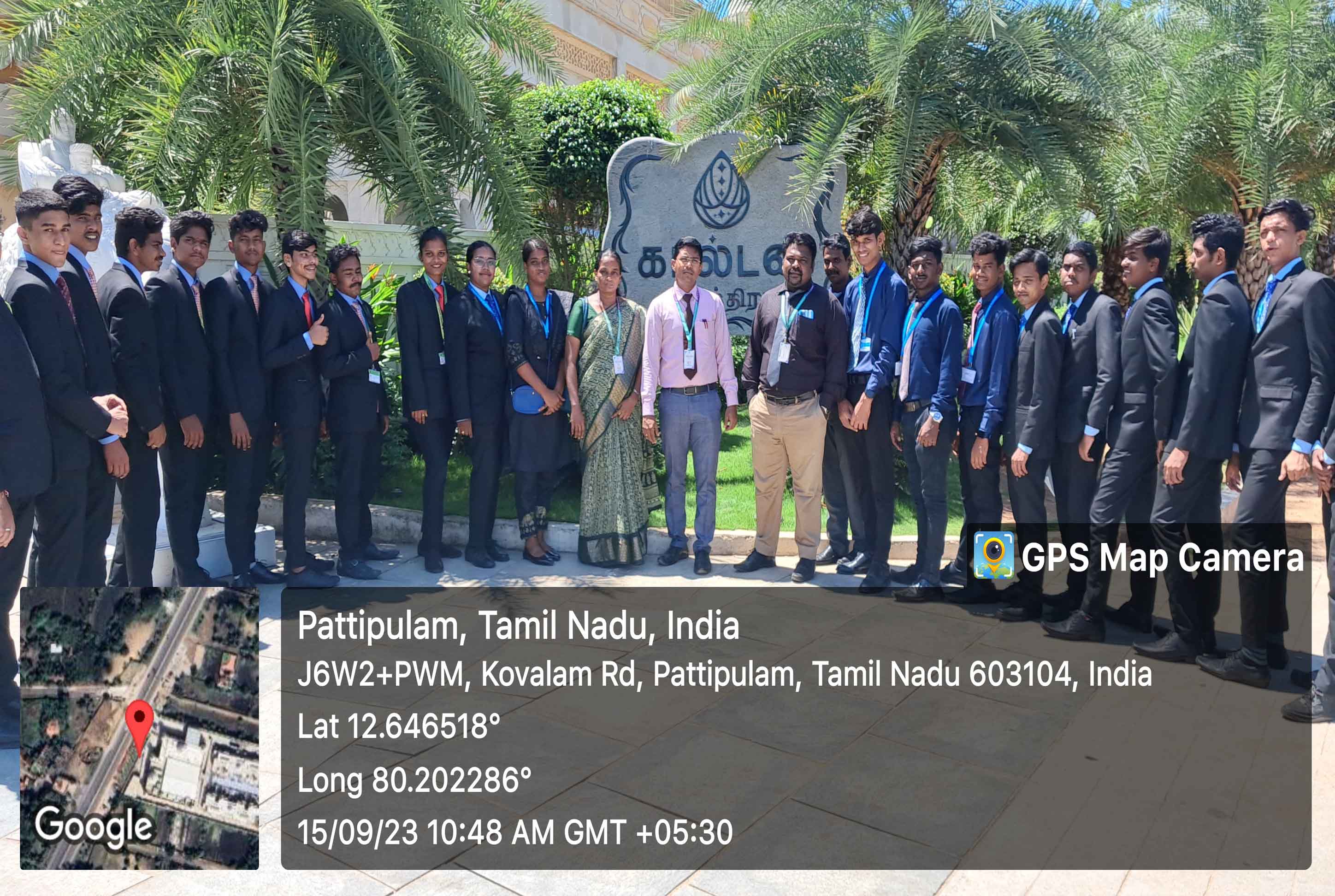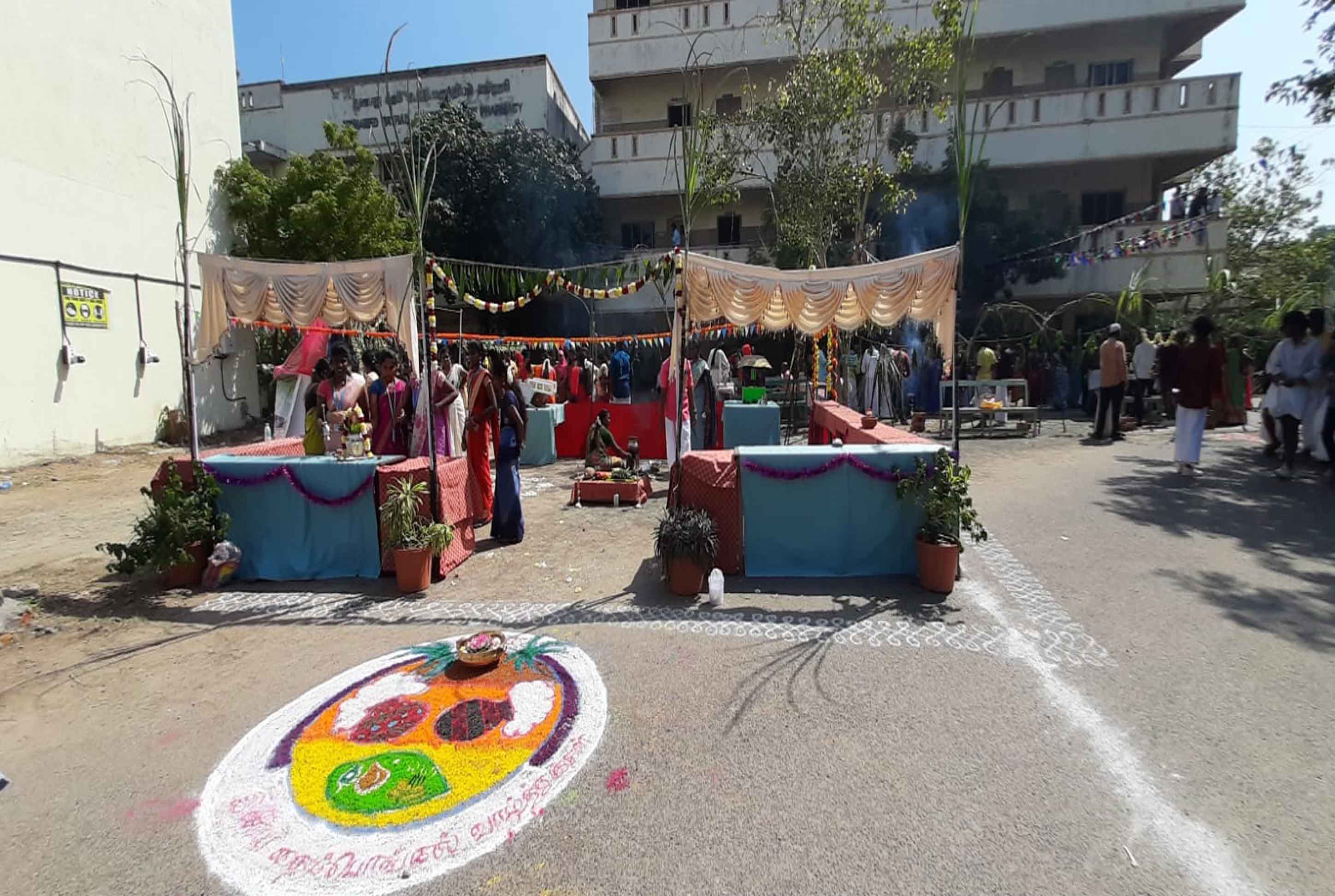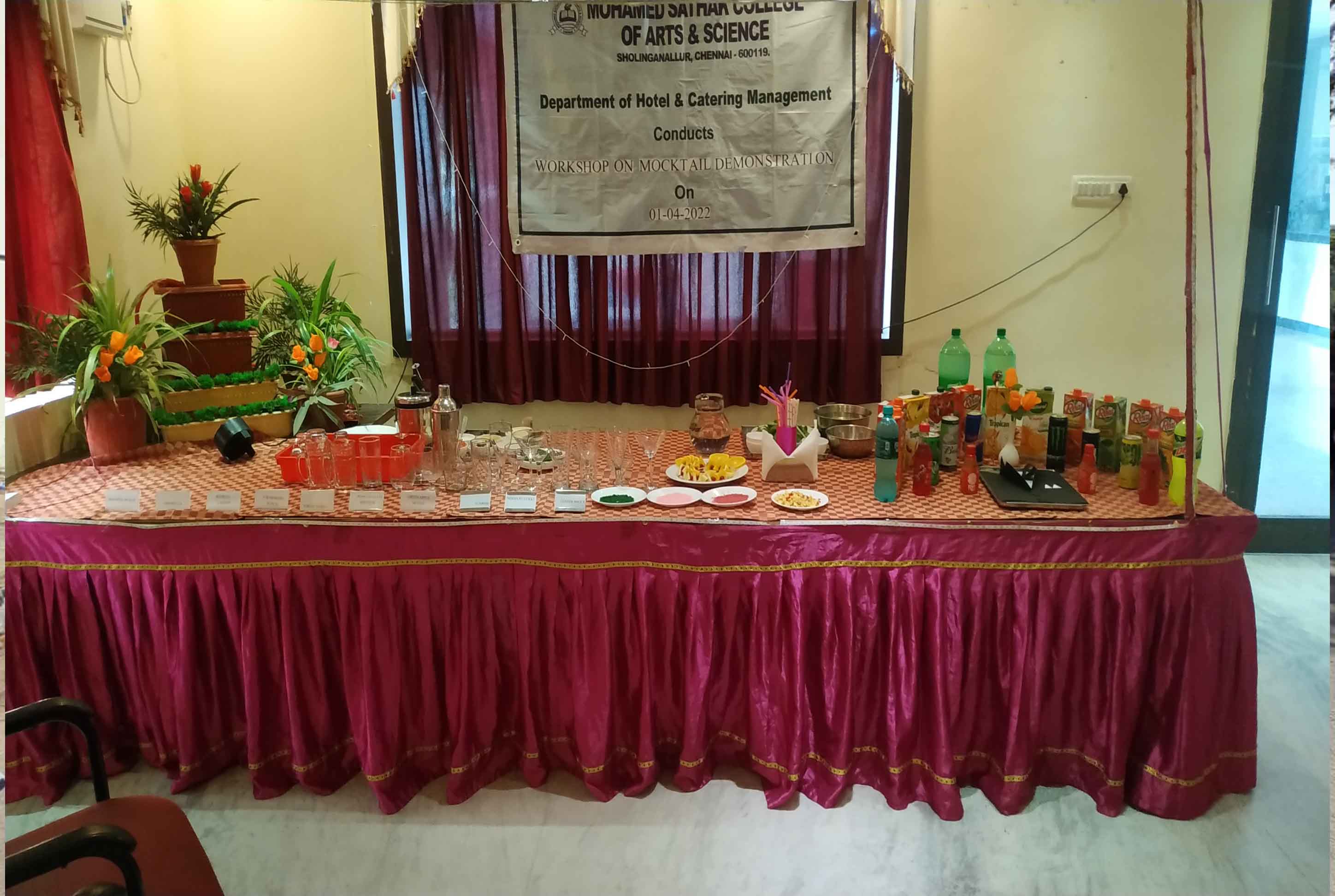Overview
The college is focused on the all rounder development of students’ personality through proper education, experience and exposure to the vast treasure of knowledge.
In our Institution, the Commerce education is imparted as an important Feature for all students, as it plays a very important role in the ever changing business world and also it is the most important key to Success in all sectors of Economy, as well as it is considered to be the pace of globalization, liberalization and privatization, which has tremendously influenced the various dimensions of Commerce education.
Objective
objective is to produce commerce graduates who possess the skills, problem solving tools and professionalism essential for being successful
Programme
Duration:
3 years (Regular)
No. of Semesters:
6 (Regular)
Eligibility:
Students must have secured 40% pass marks in commerce and accountancy in the qualifying examination
Career Opportunities:
Entrepreneur, Digital Marketer, Operation Manager, Banker, Finance Manager, Personnel Manager
Duration:
2 years (Regular)
No. of Semesters:
4 (Regular)
Eligibility:
SStudents must have passed B.Com (general) with any specialization degree from this or any other recognized university
Career Opportunities:
Accounting and Auditing , Finance, Banking and Financial Services , Corporate Finance , Management Consulting , Taxation , Academic and Research , Entrepreneurship , Government Jobs , International Business
Vision
To provide the students with required levels of competence in the domestic and global market.
To give a global perspective through value based education which helps them to serve others with better Knowledge.
To Hone the Student's skills so that they become Experts and provide excellent solutions.
Mission
To provide contextually relevant commerce education
To impart State of the Art knowledge in various sectors such as marketing, human resource management, Entrepreneurship, Accounting practices, etc.
To Promote the use of IT as a tool for development.
The Ultimate Goal is to provide excellent and value based Commerce education.
PEOs / PSOs / PO
Programme Educational Objectives (PEOs)
The B.Com. Degree Programme provides ample exposure to courses from the fields of Commerce, Accountancy and Management. The course equips the students for entry level jobs in industry, promotes the growth of their professional career, entrepreneurship and a key contributor to the economic development of the country.
| PEO1. | Disciplinary knowledge: Capable of demonstrating comprehensive knowledge and understanding of one or more Disciplines that form a part of an Undergraduate Programme of Study |
| PEO2. | Communication Skills:Ability to express thoughts and ideas effectively in writing and orally; Communicate with others using appropriate media; confidently share one‟s views and express herself/himself; demonstrate the ability to listen carefully, read and write analytically, and present complex information in a clear and concise manner to different groups. |
| PEO3. | Critical thinking: Capability to apply analytic thought to a body of knowledge; analyse and evaluate evidence, arguments, claims, beliefs on the basis of empirical evidence; identify relevant assumptions or implications; formulate coherent arguments; critically evaluate practices, policies and theories by following scientific approach to knowledge development. |
| PEO4. | Problem solving: Capacity to extrapolate from what one has learned and apply their competencies to solve different kinds of non-familiar problems, rather than replicate curriculum content knowledge; and apply one‟s learning to real life situations. |
| PEO5. | Analytical reasoning: Ability to evaluate the reliability and relevance of evidence; identify logical flaws and holes in the arguments of others; analyze and synthesize data from a variety of sources; draw valid conclusions and support them with evidence and examples, and addressing opposing viewpoints. |
| PEO6. | Research-related skills: A sense of inquiry and capability for asking relevant/appropriate questions, problem arising, synthesising and articulating; Ability to recognise cause-and-effect relationships, define problems, formulate hypotheses, test hypotheses, analyse, interpret and draw conclusions from data, establish hypotheses, predict cause-and-effect relationships; ability to plan, execute and report the results of an experiment or investigation |
| PEO7. | Cooperation/Team work: Ability to work effectively and respectfully with diverse teams; facilitate cooperative or coordinated effort on the part of a group, and act together as a group or a team in the interests of a common cause and work efficiently as a member of a team |
| PEO8. | Scientific reasoning: Ability to analyse, interpret and draw conclusions from quantitative/qualitative data; and critically evaluate ideas, evidence and experiences from an open-minded and reasoned perspective. |
| PEO9. | Reflective thinking: Critical sensibility to lived experiences, with self awareness and reflexivity of both self and society |
| PEO10. | Information/digital literacy: Capability to use ICT in a variety of learning situations, demonstrate ability to access, evaluate, and use a variety of relevant information sources; and use appropriate software for analysis of data. |
| PEO11. | Self-directed learning: Ability to work independently, identify appropriate resources required for a project, and manage a project through to completion. |
| PEO12. | Multicultural competence: Possess knowledge of the values and beliefs of multiple cultures and a global perspective; and capability to effectively engage in a multicultural society and interact respectfully with diverse groups. |
| PEO13. | Moral and ethical awareness/reasoning: Ability toembrace moral/ethical values in conducting one‟s life, formulate a position/argument about an ethical issue from multiple perspectives, and use ethical practices in all work. Capable of demonstratingthe ability to identify ethical issues related to one‟s work, avoid unethical behaviour such as fabrication, falsification or misrepresentation of data or committing plagiarism, not adhering to intellectual property rights; appreciating environmental and sustainability issues; and adopting objective, unbiased and truthful actions in all aspects of work. |
| PEO14. | Leadership readiness/qualities: Capability for mapping out the tasks of a team or an organization, and setting direction, formulating an inspiring vision, building a team who can help achieve the vision, motivating and inspiring team members to engage with that vision, and using management skills to guide people to the right destination, in a smooth and efficient way. |
| PEO15. | Lifelong learning: Ability to acquire knowledge and skills, including “learning how to learn‟, that are necessary for participating in learning activities throughout life, through self-paced and self-directed learning aimed at personal development, meeting economic, social and cultural objectives, and adapting to changing trades and demands of work place through knowledge/skill development/reskilling |
Program Specific Outcomes (PSOs)
| PSO1. | Placement: To prepare the students who will demonstrate respectful engagement with others ideas, behaviours, beliefs and apply diverse frames of reference to decisions and action. Further the students are encouraged with add-on value based and job oriented courses which ensure them to sustain in the organization level. |
| PSO2. | Contribution to Business World: Apply theoretical concepts to business practices to produce employable, ethical, and innovative professionals to sustain in the dynamic business world. |
| PSO3. | Contribution to the Society: To contribute to the development of the society by collaborating with stakeholders for mutual benefit. Become acquainted with commercial knowledge and soft skill to react in the most appropriate way when faced with challenges in the society |
Programme Outcomes (PO)
| PO1. | Disciplinary knowledge: Capable of demonstrating comprehensive knowledge and understanding of one or more disciplines that form a part of an undergraduate Programme of study. |
| PO2. | Communication Skills: Ability to express thoughts and ideas effectively in writing and orally. |
| PO3. | Critical thinking: Capability to apply analytic thought to a body of knowledge analyse and evaluate evidence, arguments, claims, beliefs on the basis of empirical evidence. |
| PO4. | Problem solving: Capacity to extrapolate from what one has learned and apply their competencies to solve different kinds of non-familiar problems. |
| PO5. | Analytical reasoning: Ability to evaluate the reliability and relevance of evidence. Analyze and synthesize data from a variety of sources draw valid conclusions and support them with evidence and examples, and addressing opposing viewpoints. |
| PO6. | Research-related skills: Ability to recognize cause-and-effect relationships, define problems, formulate hypotheses, test hypotheses, analyse, interpret and draw conclusions from data and report the results of an experiment or investigation. |
| PO7. | Cooperation/Team work: Ability to work effectively and respectfully with diverse teams; facilitate cooperative or coordinated effort on the part of a group, and act together as a group or a team in the interests of a common cause and work efficiently as a member of a team. |
| PO8. | Scientific reasoning: Ability to analyse, interpret and draw conclusions from quantitative/qualitative data; and critically evaluate ideas, evidence and experiences from an open-minded and reasoned perspective. |
| PO9. | Reflective thinking: Critical sensibility to lived experiences, with self-awareness and reflexivity of both self and society. |
| PO10. | Information/digital literacy: Capability to use ICT in a variety of learning situations, demonstrate ability to access, evaluate, and use a variety of relevant information sources; and use appropriate software for analysis of data.. |
| PO11. | Self-directed learning: Ability to work independently, identify appropriate resources required for a project, and manage a project through to completion. |
| PO12. | Multicultural competence: Possess knowledge of the values and beliefs of multiple cultures and a global perspective; and capability to effectively engage in a multicultural society and interact respectfully with diverse groups. |
| PO13. | Moral and ethical awareness/reasoning: Capable of demon starting the ability to identify ethical issues related to ones work, avoid unethical behavior such as fabrication, falsification or misrepresentation of data or committing plagiarism, not adhering to intellectual property rights. |
| PO14. | Leadership readiness/qualities: Capability for mapping out the tasks of a team or an organization, and setting direction, formulating an inspiring vision, building a team who can help achieve the vision. |
| PO15. | Lifelong learning: Ability to acquire knowledge and skills, including „learning how to learn‟, that are necessary for participating in learning activities throughout life, through self- paced and self-directed learning aimed at personal development. |
Faculty
| S.No. | Name | Designation | Qualification | Profile |
| 1 | Dr.M.R Prakash |
HOD | M.A, M.com, B.Ed., M.B.A, M.Phil, Ph.D., FSIESRP (Malaysia) | View |
| 2 | Dr.S. Sathiya Bama |
Assistant Professor | M.A (ECO),M.Phil., Ph.D. | View |
| 3 | Mrs. S. Swarnalakshmi |
Assistant Professor | M.com (CA), M.Phil., MBA | View |
| 4 | Mr. A. Dhilipkumar |
Assistant Professor | M.com, M.Phil., B.Ed. | View |
| 5 | Mrs. P. Banumathi |
Assistant Professor | M.com, M.Phil. | View |
| 6 | Mrs. G. Mahalakshmi |
Assistant Professor | M.com, B.ED, M.Phil. | View |
| 7 | MS. Keziah R |
Assistant Professor | M.com, | View |
| 6 | Divine Wisdom a |
Assistant Professor | M.com, M.Phil. | View |
NEWS & EVENTS
Rank Holders
Department B.COM (Accounting and Finance)
-
Academic Year Student Name Rank 2015-2018 Ms.S.Yamuna 10 2015-2018 Ms.A.Arya 68 2015-2018 Ms.S.Yamuna 10 2015-2018 Ms.A.Arya 68 2015-2018 Ms.T.T.Kirithika 73 2015-2018 Ms.V.Sangeetha 80 2015-2018 Mr.Y.Favas 83



















